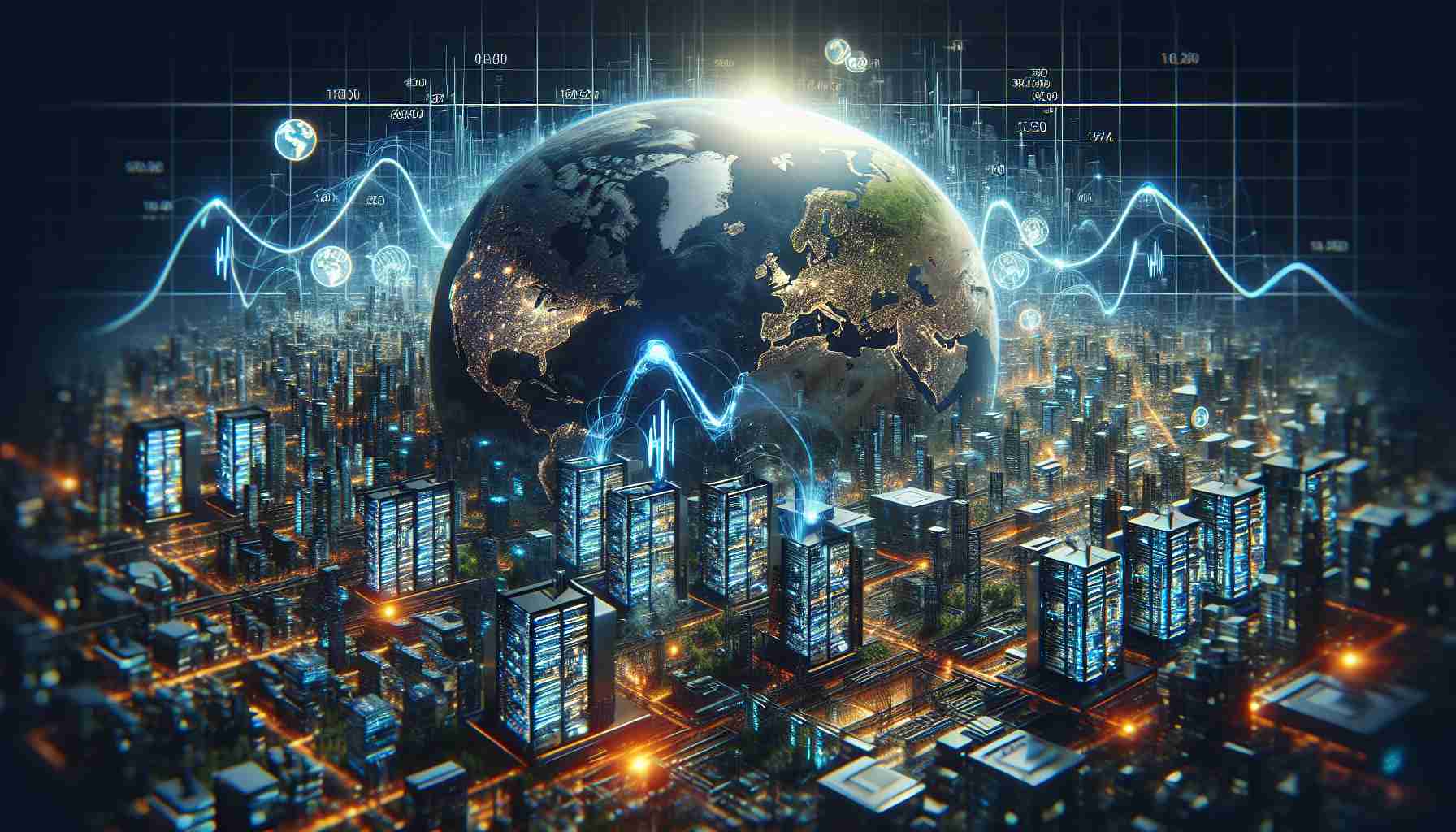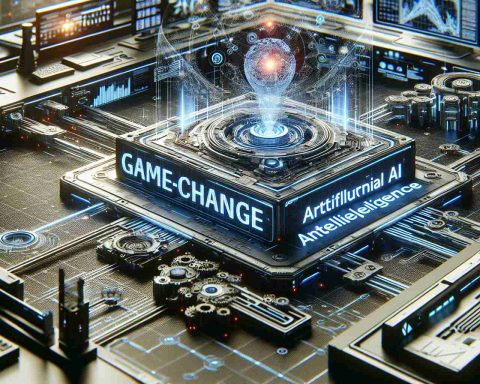New research by Goldman Sachs highlights an expected surge in global energy requirements, particularly due to the growth of data centers worldwide. Their energy consumption, currently sitting at 1-2% of the world’s total, could rise to 3-4% by the end of this decade.
For years, despite increasing workloads, data centers showed a relatively stable need for energy. However, advancements in artificial intelligence and a slowdown in energy efficiency gains have triggered a revision in energy demand projections. By 2030, Goldman Sachs predicts that data center energy needs could more than double.
This escalation is unprecedented in the United States since the early years of the century. An estimated annual increase of 2.4% in US energy demand between 2022 and 2030 will be partly driven by data centers. In fact, by the end of this period, data centers are expected to consume 8% of the US’s energy, compared to 3% in 2022. As a result, utility providers may need to invest around 50 billion US dollars solely to cater to these centers’ energy demands.
Europe faces a 40-50% rise in electrical demand due to data center expansion. Home to approximately 15% of the world’s data facilities, Europe’s energy requirements for these centers by 2030 are predicted to equal the current combined consumption of Portugal, Greece, and the Netherlands. The antiquated European electrical grid will require significant investments to maintain power for these burgeoning data hubs.
Overall, analysts from Goldman Sachs anticipate almost 800 billion euros in infrastructure expenses for transmission and distribution over the next decade. Another estimated 850 billion euros could be directed toward renewable energy investments, including solar and wind power, to meet the burgeoning demand.
Key Challenges and Controversies:
One of the primary challenges surrounding the expansion of data centers is balancing the growing energy demands with sustainability goals. As countries and organizations aim to decrease their carbon footprints, the energy-intensive nature of data centers poses a significant challenge.
– Energy Efficiency: There are concerns that efficiency improvements in data center operations will plateau, making it hard to keep up with the accelerating pace of energy demand without increasing carbon emissions.
– Renewable Energy Integration: Integrating renewable energy is crucial, but it comes with reliability and storage challenges that must be addressed.
– Grid Modernization: Outdated electrical grids, especially in regions like Europe, may struggle to support the additional load without substantial upgrades, which are costly and time-consuming.
– Regulatory Concerns: Government regulations may either facilitate or hinder the development of data centers and the energy infrastructure they require.
Advantages and Disadvantages:
Advantages:
– Economic Growth: Expansion of data centers can drive economic growth, providing jobs and infrastructure investment opportunities.
– Support for Emerging Technologies: Data centers are essential for the support of burgeoning technologies like AI, big data analytics, and cloud computing.
Disadvantages:
– Environmental Impact: Increased energy demand implies a potentially larger carbon footprint, unless met with renewable sources.
– Resource Allocation: Required investment in energy infrastructure might divert resources from other critical areas such as education or healthcare.
Related Links:
Here are a few related links about global energy demand and data centers:
– International Energy Agency (IEA)
– Data Center Dynamics
– Goldman Sachs
Please ensure that these are only used for information gathering and that they link to the main domains of credible sources as required.
The source of the article is from the blog karacasanime.com.ve







